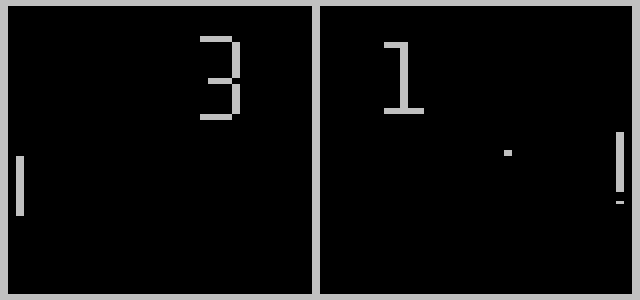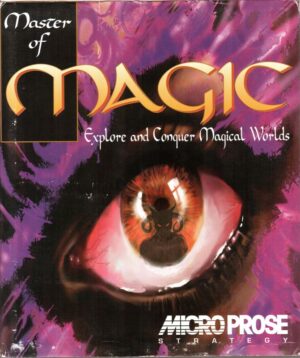Retro Replay Review
Gameplay
The core gameplay of The Divorce is practically identical to the classic Pong formula: two long, thin paddles on either side of the screen and a ball bouncing back and forth until one side concedes or reaches ten points. Controls are minimal—just up and down movement—making it instantly familiar to anyone who’s ever touched a retro arcade title. There are no power-ups, no environmental hazards, and no special moves; the simplicity is purposeful.
(HEY YOU!! We hope you enjoy! We try not to run ads. So basically, this is a very expensive hobby running this site. Please consider joining us for updates, forums, and more. Network w/ us to make some cash or friends while retro gaming, and you can win some free retro games for posting. Okay, carry on 👍)
What sets The Divorce apart is not new mechanics but symbolic context. Each paddle represents one of Petri Purho’s parents, stretched and weary, while the ball symbolizes an unwanted child caught between them. Scoring ten points “in court” decides physical custody, adding a morbidly playful layer to an otherwise straightforward match of reflexes and timing.
While some players may find the mechanical design underwhelming, its starkness underlines the emotional concept. Matches are short—usually lasting under five minutes—so the game never outstays its welcome. For those who prize tight, unembellished interactions, The Divorce delivers a pure, unfiltered Pong experience flavored with dark humor.
Graphics
Visually, The Divorce leans into minimalism. The entire game unfolds on a flat, solid-color background with two slender rectangles for paddles and a small circle for the ball. There are no textures, no sprite sheets, and no particle effects. Every detail is stripped down to its most basic geometrical form.
The color palette is limited—often monochromatic or using just a handful of muted tones—to emphasize the emotional distance between the players. At first glance, it might appear like an unfinished prototype, but that stark aesthetic is intentional. It mirrors the cold, detached tone of a courtroom dispute and amplifies the player’s focus on the symbolic roles of the paddles and the orb.
Although there’s no animation beyond the paddle movements and ball bounces, the simplicity serves the satirical premise perfectly. There’s a raw honesty in seeing such bare-bones visuals used to explore a concept as charged as divorce and custody. For purists of retro design, the visuals will feel nostalgically authentic.
Story
Unlike narrative-driven indies, The Divorce doesn’t unfold through cutscenes or dialogue trees. Instead, the story is woven into the game’s very mechanics and symbolism. Petri Purho has stated that the paddles are his extremely long and thin parents, while the ball represents him as a young child caught in the crossfire of divorce proceedings.
By assigning these personal meanings, Purho flips Rod Humble’s approach in The Marriage, where players were encouraged to derive their own interpretations of his abstract rule changes. Here, the absence of hidden layers or evolving narrative structures is deliberate: it underscores the harsh clarity of childhood during parental separation.
The game’s reveal as an April Fool’s joke adds another meta-textual twist. Purho subverts expectations for his “monthly experimental game” showcase, offering no groundbreaking mechanics or poetic ambiguity—just a sardonic take on a classic Pong clone. The bluntness of the concept is where its commentary on divorce finds its biting humor.
Overall Experience
The Divorce is less a traditional video game and more a conceptual art piece disguised as a retro Pong clone. It offers a very specific kind of experience: quick matches, stark visuals, and a wry punchline about family breakdown. If you approach it expecting depth in gameplay innovation, you’ll likely walk away disappointed.
However, if you’re intrigued by experimental titles that use minimal design to deliver a pointed statement, this one is a memorable curiosity. It’s free, easy to pick up, and over before you know it—making it ideal for players who appreciate brevity and bold artistic gestures in gaming.
While The Divorce won’t replace your favorite indie narrative or satisfy a craving for advanced mechanics, it stands out as a provocative artifact in the indie community. It’s perfect for sparking conversations about how games can communicate personal experience and how far a developer can push a joke without changing the classic Pong formula.
 Retro Replay Retro Replay gaming reviews, news, emulation, geek stuff and more!
Retro Replay Retro Replay gaming reviews, news, emulation, geek stuff and more!





Reviews
There are no reviews yet.